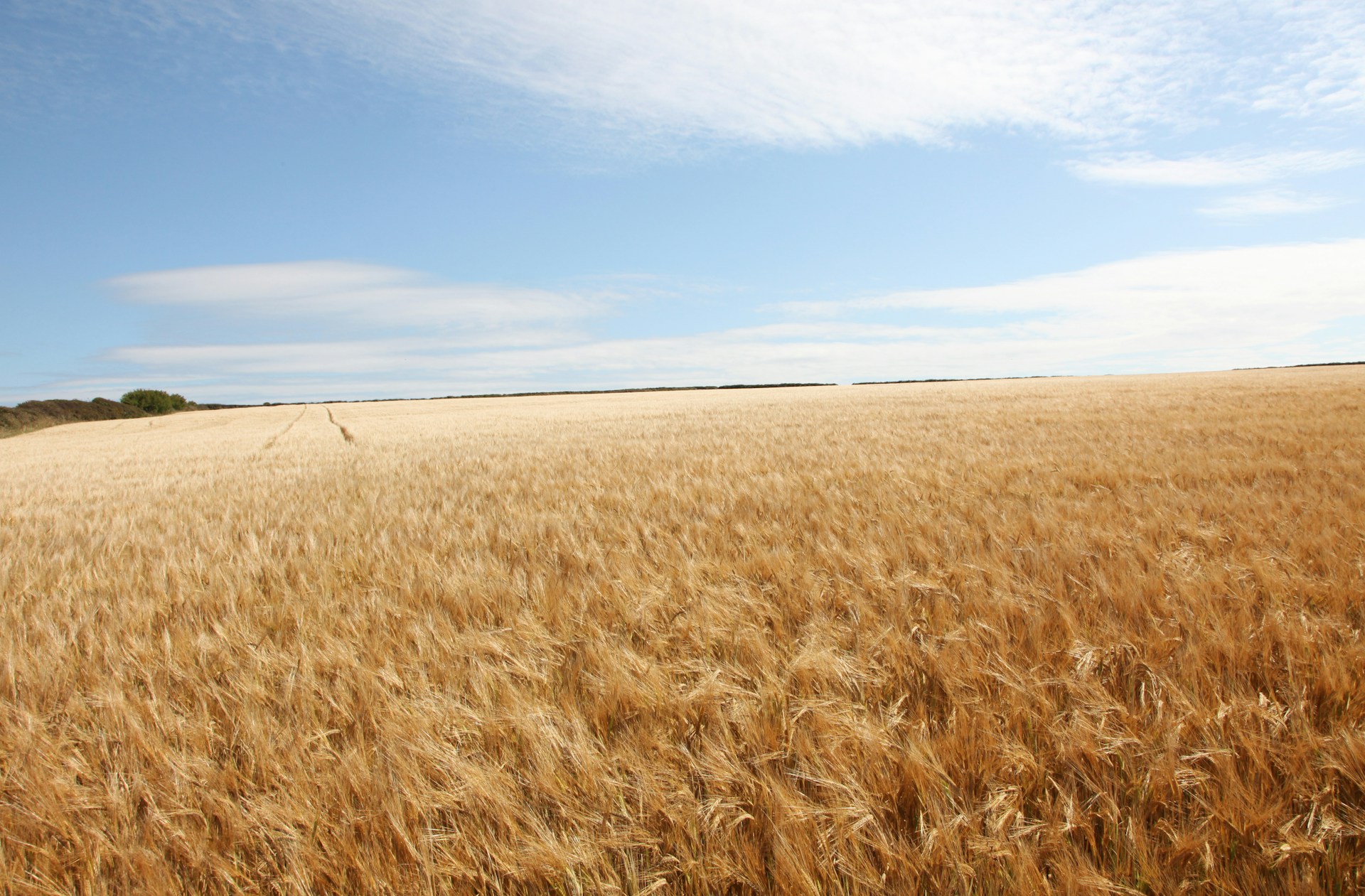Casablanca – Morocco has significantly increased its wheat imports in 2024, leveraging the recent drop in global grain prices to meet domestic needs and stabilize the market amid challenging agricultural conditions.
In addition to France and Germany and Canada, Morocco imported over 200,000 tons of Russian grain from the beginning of the year until June 13, according to a statement from the Russian Agricultural Supervisory Authority “Rosselkhoznadzor.” This surge in imports followed a visit by a Moroccan delegation to Russia, where they explored the Russian system for monitoring grain quality and safety. During the visit, Moroccan officials toured several Rosselkhoznadzor facilities and commercial seaports, gaining insights into their export procedures.
The Russian authority reported that 94,000 tons of the grain imported by Morocco were shipped from the grain terminal at the Port of Vysotsk. Discussions between Moroccan and Russian officials emphasized the importance of quality control, safety monitoring, and adherence to importing countries’ requirements. This exchange of knowledge is expected to enhance Morocco’s grain import processes and ensure the quality and safety of imported products.
The drop in global grain prices observed over the past two weeks presents a significant opportunity for Morocco. This decline is attributed to the harvest seasons in major producing countries like Canada, the United States, and France. These countries are keen to clear their export inventories before the next season, creating favorable conditions for Moroccan importers to secure grains at lower prices.
The recent price drop in European markets will facilitate smoother grain imports for Moroccan professionals. The price of a quintal of grain in European markets has reached approximately $24, reflecting beneficial market conditions for Morocco.
Despite the increase in imports, the local prices of grains in Morocco are expected to remain stable. Local prices will not be affected by fluctuations in import volumes, ensuring stability for consumers and producers alike.
Morocco’s agricultural sector has faced significant challenges, with a predicted 43% decline in national grain production compared to last year due to low rainfall and consecutive droughts. To compensate for this decline, Morocco is set to increase its grain imports from abroad, leveraging the current low prices to meet domestic demand.
As Morocco aims to achieve its target of 50 million quintals of grain by the end of the year, the government continues to support import initiatives. The National Office of Grains and Pulses had earlier announced a subsidy for the storage of imported soft wheat, reinforcing the country’s commitment to maintaining sufficient grain reserves.
The strategic increase in wheat imports and the benefit from the current global price drop are crucial for Morocco. These efforts ensure that the country can navigate its agricultural challenges and maintain a stable and secure food supply for its population.















